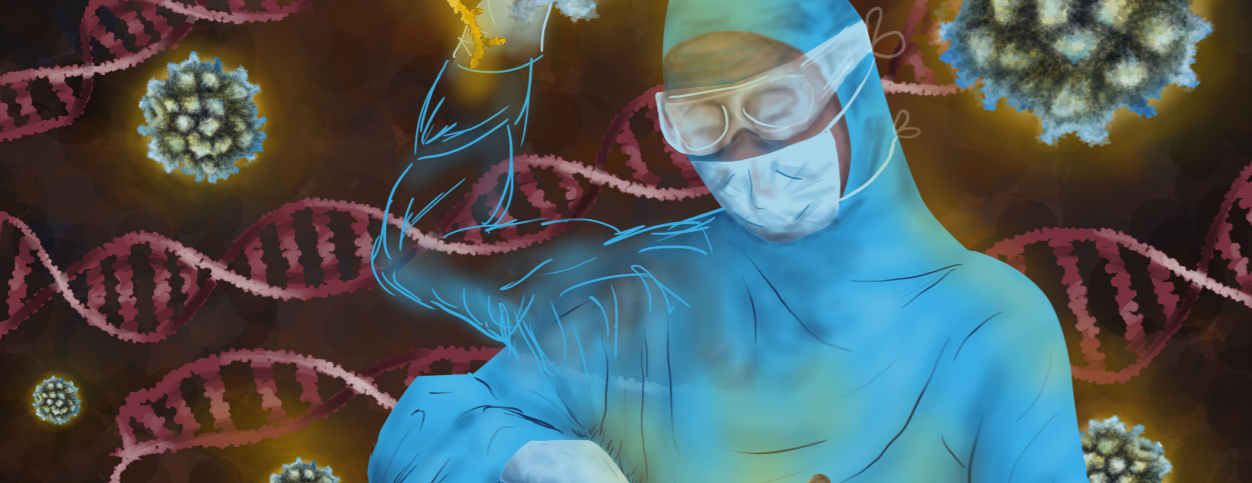Computational Modeling of Proteins and Molecular Interactions: Beyond Simulation
Location
University Hall, Rm 134
Start Date
6-5-2019 3:30 PM
Document Type
Event
Description
Dr. Lydia Kavraki is the Noah Harding Professor of Computer Science and Professor of Bioengineering at Rice University.
Kavraki is a pioneer of probabilisitic roadmapping for biomedicine and robotics applications. She is a fellow of the Association for Computing Machinery, Association for the Advancement of Artificial Intelligence and the American Association for the Advancement of Science. She received the Grace Murray Hopper Award in 2000 for her innovative work. In 2002, Kavraki made Popular Science Magazine “Brilliant 10” list.
Kavraki’s research focuses on the development of novel computational methodologies for biomedicine and robotics. In both fields, her research seeks to develop physical algorithms: algorithms that are capable of solving complex high-dimensional problems arising in real-world applications – for example moving a robot from point A to point B or to predict if a drug can bind to a receptor. Within the field of biomedicine Dr. Kavraki’s research group develops computational tools on high-performance systems to model protein structure and function, understand biomolecular interactions, develop new medicinal drugs, and help analyze, in the long run, the molecular machinery of the cell. Through robotics and biomedicine, Dr. Kavraki studies the fundamental issues arising when algorithms are designed for problems in the physical world and develop coherent solution frameworks that quantify, to the extent possible, the unavoidable tradeoff between accuracy and performance.
Recommended Citation
Kavraki, Lydia, "Computational Modeling of Proteins and Molecular Interactions: Beyond Simulation" (2019). Schedules and Content. 1.
https://digitalcommons.latech.edu/new-frontiers-schedules-content/2018-2019/schedule/1
Computational Modeling of Proteins and Molecular Interactions: Beyond Simulation
University Hall, Rm 134
Dr. Lydia Kavraki is the Noah Harding Professor of Computer Science and Professor of Bioengineering at Rice University.
Kavraki is a pioneer of probabilisitic roadmapping for biomedicine and robotics applications. She is a fellow of the Association for Computing Machinery, Association for the Advancement of Artificial Intelligence and the American Association for the Advancement of Science. She received the Grace Murray Hopper Award in 2000 for her innovative work. In 2002, Kavraki made Popular Science Magazine “Brilliant 10” list.
Kavraki’s research focuses on the development of novel computational methodologies for biomedicine and robotics. In both fields, her research seeks to develop physical algorithms: algorithms that are capable of solving complex high-dimensional problems arising in real-world applications – for example moving a robot from point A to point B or to predict if a drug can bind to a receptor. Within the field of biomedicine Dr. Kavraki’s research group develops computational tools on high-performance systems to model protein structure and function, understand biomolecular interactions, develop new medicinal drugs, and help analyze, in the long run, the molecular machinery of the cell. Through robotics and biomedicine, Dr. Kavraki studies the fundamental issues arising when algorithms are designed for problems in the physical world and develop coherent solution frameworks that quantify, to the extent possible, the unavoidable tradeoff between accuracy and performance.


